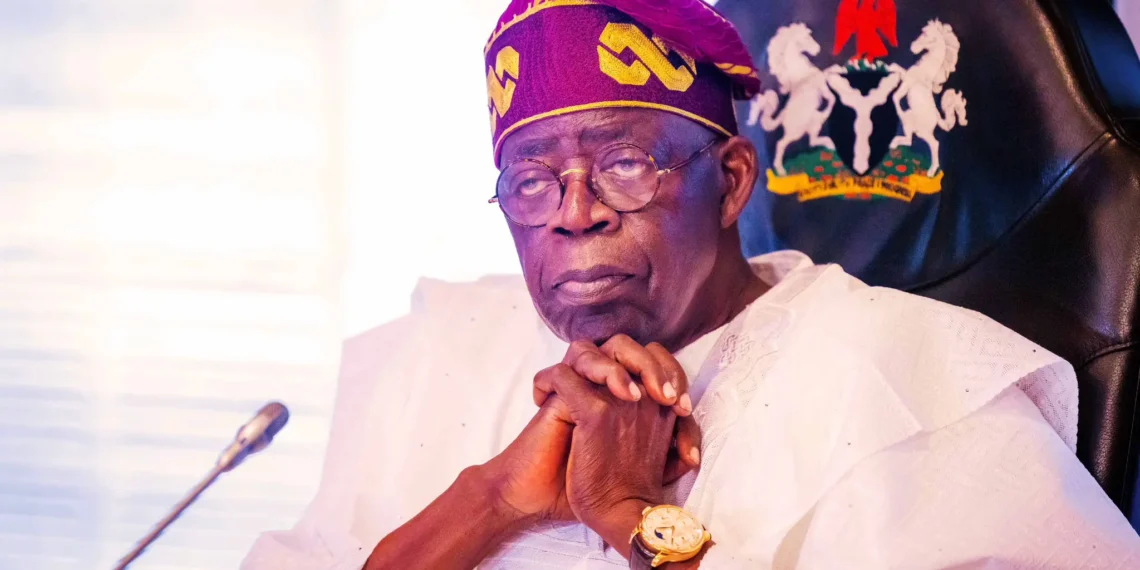Two years into President Bola Tinubu’s administration, many sports enthusiasts across Nigeria are expressing disappointment, claiming that the government has failed to deliver on its promises to revitalize the country’s sports sector. Despite numerous pledges and an unprecedented 227% budget increase for sports in 2025; rising from N29 billion to over N94 billion, critics say there is little to show in terms of real progress.
Social media platforms have become sounding boards for frustration. A viral post by X user Uche Peace (@GerhardStay) captured the sentiment: “The National Stadium in Surulere is in disarray. The Abuja Stadium is also in disrepair. These major stadiums should be handed over to a private company for management over the next 100 years.” Her statement has sparked a renewed debate on the state of Nigeria’s decaying sports infrastructure.
Analysts argue that although the Tinubu administration has spoken frequently about investing in sports development, the reality on ground tells a different story. Many athletes continue to struggle with poor facilities, lack of funding, and the persistent threat of insecurity, factors that have severely impacted their performance at both local and international levels.
The substantial budget increase, which was meant to cover preparations for the Olympics and Commonwealth Games, support for sports federations, grassroots talent development, school sports, and infrastructure upgrades, is now being questioned. Critics say that despite the figures, tangible improvements remain elusive.
What’s more, as countries like China leverage artificial intelligence (AI) to revolutionize athlete training, fan engagement, and overall sports performance, Nigeria continues to rely on outdated systems. In nations that have embraced AI in sports, the technology is being used to optimize training routines, analyze athlete movements, and even predict injuries before they happen. This is not about replacing human talent, but enhancing it through smarter data-driven strategies.
In contrast, Nigeria’s sports sector seems stuck in the past, with limited adoption of cutting-edge technologies that are fast becoming standard globally. As a result, athletes are at a competitive disadvantage, and the country risks falling behind on the international stage.
Read also:
- My administration has made progress after 2 years in office – Tinubu
- Otuaro applauds Tinubu’s leadership style as president marks 2 years in office
- Otuaro applauds Tinubu’s leadership style as president marks 2 years in office
However, there is a glimmer of hope. The Nigeria University Games Association (NUGA) has announced renewed efforts to revive the nation’s largest youth sports event. A consultant for this year’s NUGA competition, scheduled for June 8, 2025, revealed that the games will benefit from strong backing by President Tinubu. According to the consultant, this year’s edition is designed not just for short-term wins, but to inspire long-term success for young athletes; empowering them to become global champions.
Yet for many Nigerians, one successful event is not enough. With rising expectations and the spotlight firmly on Tinubu’s administration, citizens are calling for sustainable reforms that go beyond announcements and budget numbers. The youth of Nigeria, brimming with potential, are looking to the federal government for real investment, meaningful change, and a vision for the future of sports that matches global standards.
As the administration marks two years in office, the question remains: will the coming years bring the transformation Nigeria’s sports sector desperately needs or will broken promises and idle stadiums continue to define this chapter in history?






